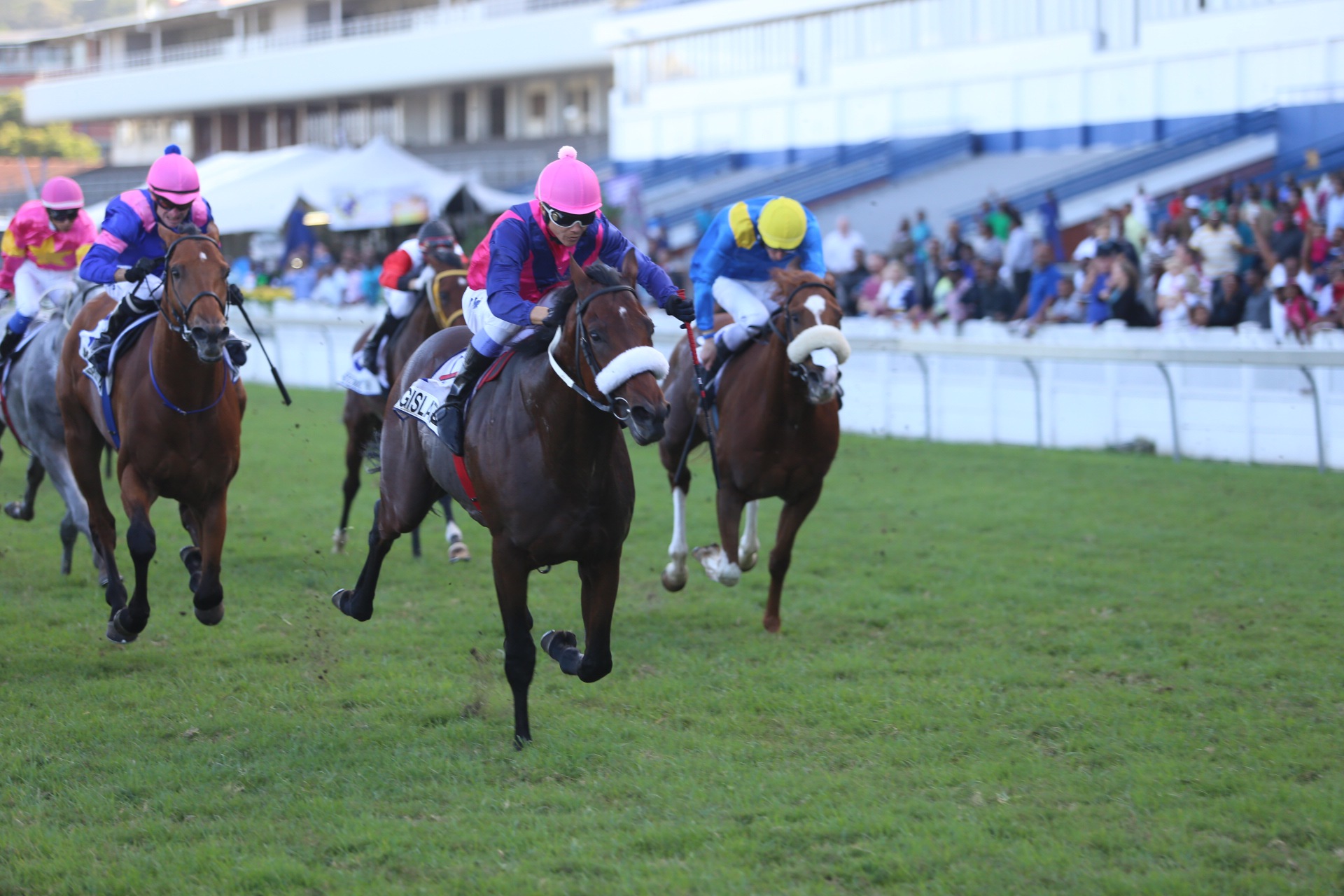
THE Department of Trade and Industry has argued against the legalisation of online gambling in SA, saying such a move would be inappropriate in the current conditions of poverty and unemployment.
This emerged on Wednesday when department deputy director-general Zodwa Ntuli was responding to a private member’s bill — which laid out a regulatory framework for online gambling — tabled by Democratic Alliance spokesman on trade and industry Geordin Hill-Lewis.
Mr Hill-Lewis’s argument is that prohibition does not work and regulation can be both effective and affordable. "Regulation gives us the best chance to regulate the industry properly," he said.
It will be up to Parliament’s portfolio committee on trade and industry to make a decision on whether to adopt the proposal, which will be subject to public hearings next week.
The proposed bill would deal not only with online gambling but with all forms of technology that allows punters to place bets remotely, including person-to-person poker and sports betting.
Currently the only legal forms of gambling are casinos, horse-racing betting, limited payout machines and bingo.
Arguing against the draft bill, department chief director of policy and legislation MacDonald Netshitenzhe said no regulatory impact assessment had been done on online gambling and no information had been provided on how it would impact on problem gambling, which was growing.
It could also lead to unfair competition with existing forms of gambling as no significant jobs would be created.
He said the Unlawful Internet Gambling Enforcement Act prohibited banks from processing payments related to online gambling.
Singapore had recently banned online gambling and introduced measures to block local and offshore websites from providing it. Online casino gambling is illegal in France which does, however, permit online betting on horse-racing and other games that require some kind of skills.
Mr Netshitenzhe said South Africa could source blocking technology to enforce a ban against online gambling.
But Mr Hill-Lewis argued regulation could operate through the requirement that online gambling be permitted only on South African licensed sites. Problem gambling — one of the concerns of the department — could be monitored and controlled by the use of technology.
Research placed problem gambling in South Africa at about 4%.
The revenue lost to SA from the online gambling that currently takes place on foreign sites could be used to fund enforcement, argued Mr Hill-Lewis. On the other hand, trying to enforce prohibition would be "phenomenally expensive" and requires a capacity which South Africa does not possess.
"Prohibition requires massive new resources to be devoted to enforcement with no cost recovery. Regulation is inherently self-funding. It is funded by licence fees of the operators and the tax they pay to the South African fiscus, not foreign governments," Mr Hill-Lewis said.
The proposed bill outlines ways in which players could be protected and suggests offences ranging from R2m in fines and/or up to 10 years’ imprisonment.
However, Ms Ntuli said the timing for online gambling at the moment was not appropriate as it would be harmful for the poor and unemployed, especially the youth. A 2012 survey by the National Gambling Board indicated that 29.6% of gamblers were unemployed; 14.8% were part-time workers; 37.8% were poorly educated; and 29.4% earned less than R1000 a month.
"Maybe sometime in future it could be considered," Ms Ntuli added.
Business day
|